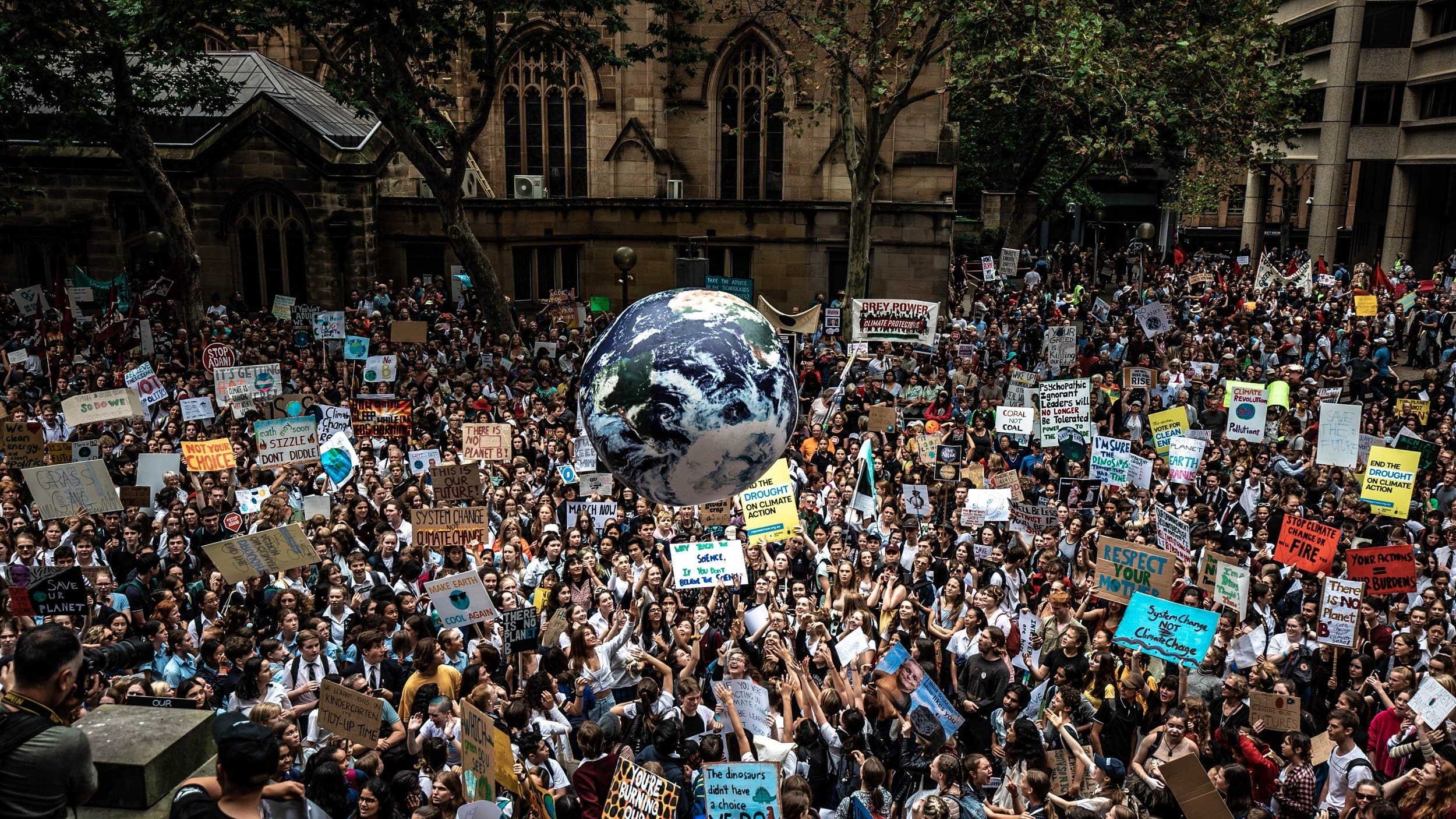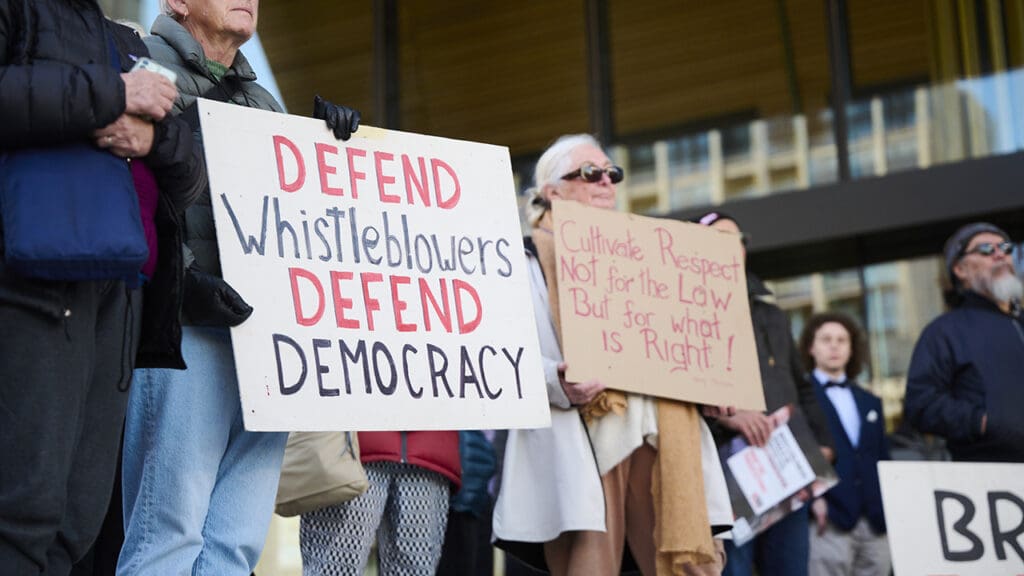How new hate speech laws impact your rights
Everyone deserves to live without fear of intimidation and to be protected from racism and violence.
That’s why a human-rights based response is critical in tackling hate speech and discrimination at its roots.
A wave of new federal and state laws have recently been introduced under the guise of protecting against hate speech and vilification. While this may seem like a step in the right direction, on closer inspection, these laws are likely to have a chilling effect on our democracy while failing to stamp out hate speech and discrimination.
It is deeply concerning that the Albanese Government’s Hate Crimes Bill is imposing mandatory minimum sentences. This will lead to politicians, instead of courts deciding on punishments, and will disproportionately impact marginalised groups of people.
In NSW, the Minns Government has rushed through laws which, could see a person charged with two years prison time and a $22,000 fine for chanting or holding a placard near a place of worship.
The laws would also give police police the power to shut down a snap anti-war protest or rally calling for climate action, if the place of gathering was near a place of worship.

School Strike 4 Climate in Sydney at Town Hall, near St. Andrews Cathedral.
These laws criminalise hate speech against race, but do not protect other people who experience hate such as religious, LGBTIQA+, and disability communities.
Let’s be clear: there is no connection between peaceful protest and hate crimes. Peaceful assemblies outside places of worship are an important tool for communities to hold their institutions to account.
There is no evidence that new police powers or criminalising hate speech would have prevented the recent spate of antisemitic incidents in NSW or the disturbing rise of neo-nazi and far-right extremist activity.
We have serious concerns about the constitutionality of these laws, and their potential to interfere with the right to freedom of political communication.
Expanding police powers and restricting protest will only create more division by silencing the voices of people peacefully speaking out. We cannot arrest our way to social cohesion.
Meanwhile in Victoria, new anti-vilification laws will expand protections from race and religion to include LGBTIQA+ and disability communities. But they risk being misused to criminalise legitimate political speech. The Victorian Government should reinsert a public interest defence to ensure that they don’t have unintended consequences.
These laws are a positive signal on what the Victorian community stands for, but laws alone will not stamp out hate.
That’s why the Human Rights Law Centre is meeting with politicians in both New South Wales and Victoria to advocate for changes to these new laws so they uphold human rights standards.
We are calling for investment in community-led prevention and education programs which de-escalate and challenge racism and hate at its roots.
Stronger protections should protect everyone, because our communities are better when we are free to be who we are without hate or fear.

ADF whistleblower breaks 15-year silence on sexual abuse cover-up
Former RAAF airwoman Julia Delaforce represented by the Human Rights Law Centre, has broken her fifteen year silence on alleged wrongdoing and sexual abuse which was covered up by the Australian Defence Force.
Read more
What issue unites Coalition, Labor, Green, teal and One Nation voters? Whistleblower protections
The Albanese Government’s persecution of whistleblowers Richard Boyle and David McBride is unjust, and the public doesn’t support it. It’s time for much-needed reform.
Read more
We’re fighting Tasmania’s parole board gag on free speech
We have filed legal proceedings on behalf of Tasmanian grandmother, Susan Neill-Fraser. Her case challenges a restrictive parole condition placed on her by the Parole Board of Tasmania which limits her ability to speak to the media.
Read more



